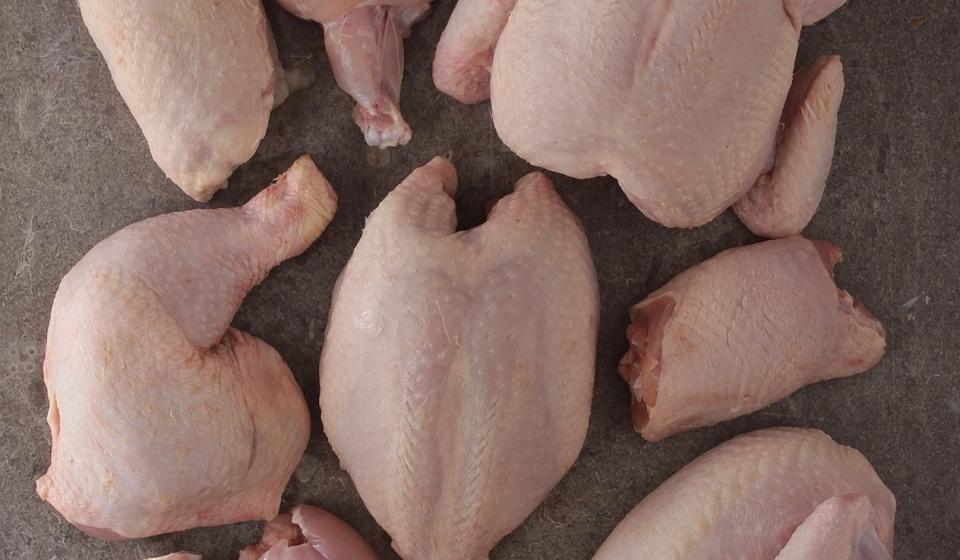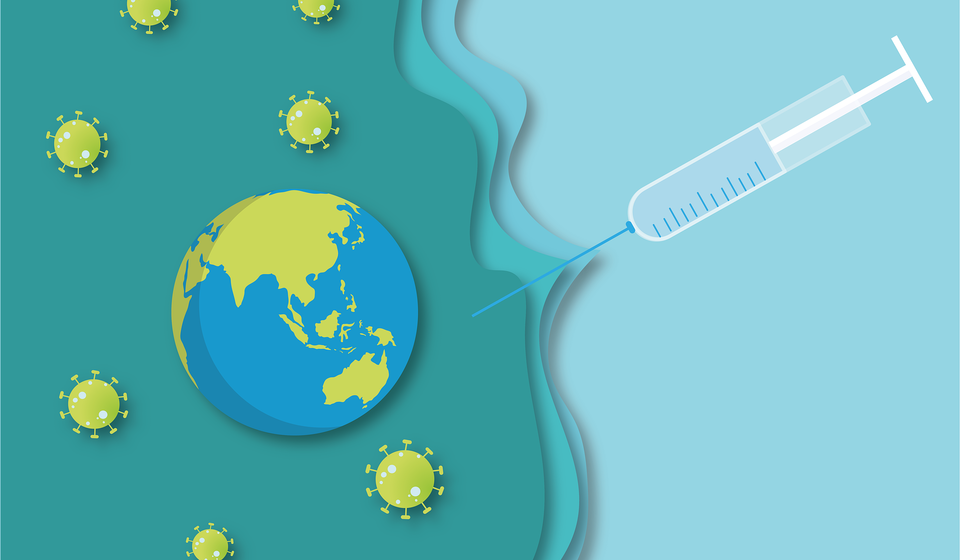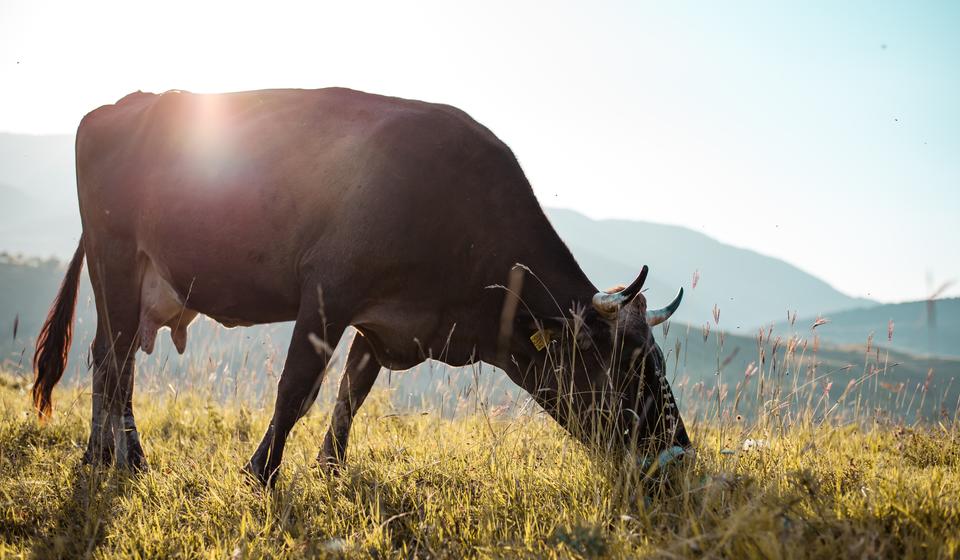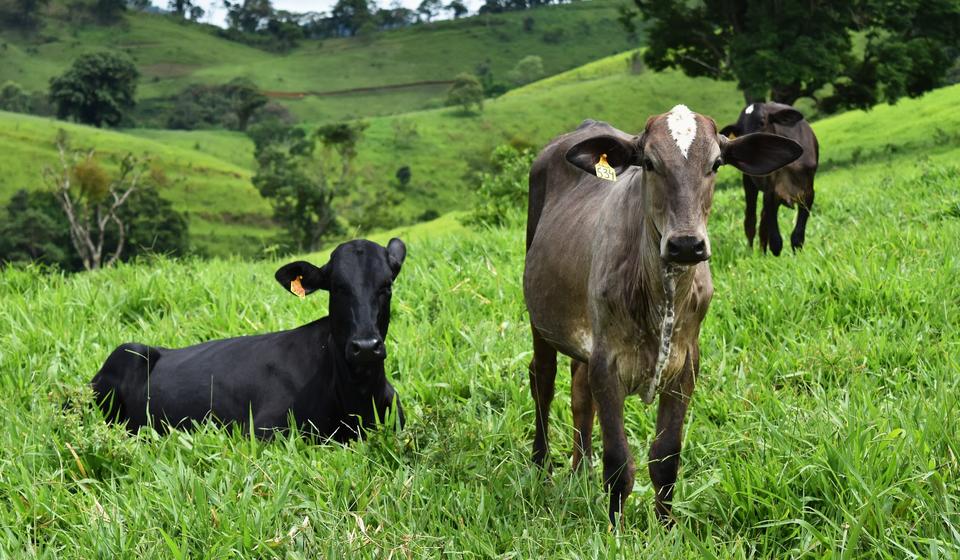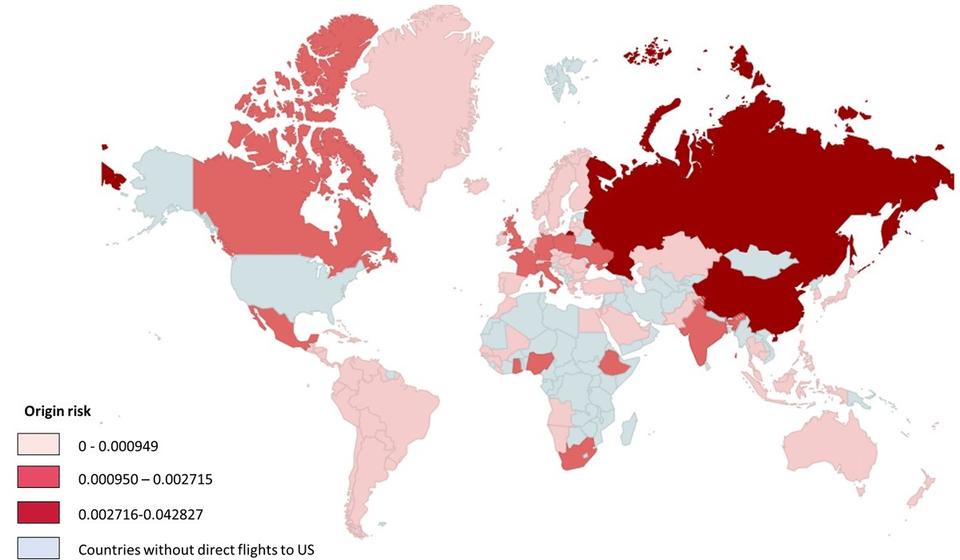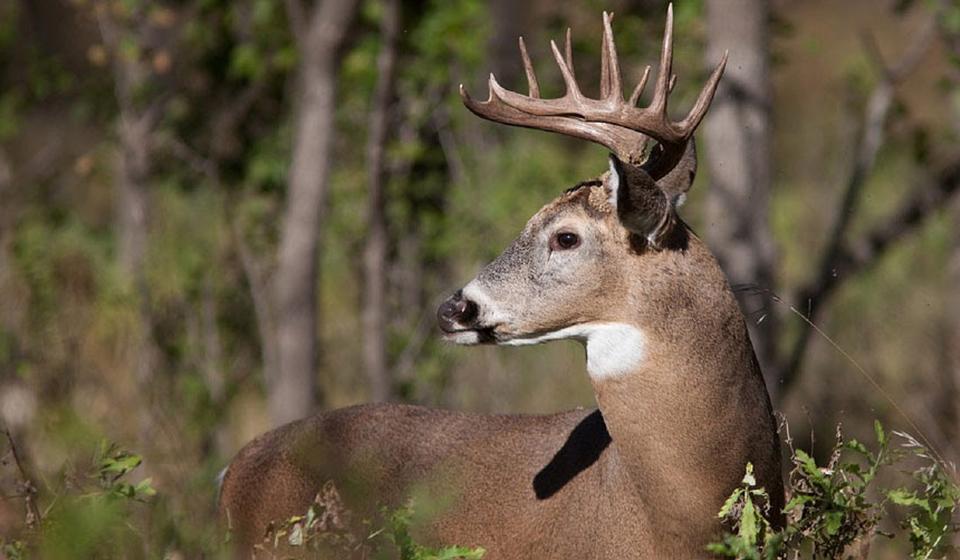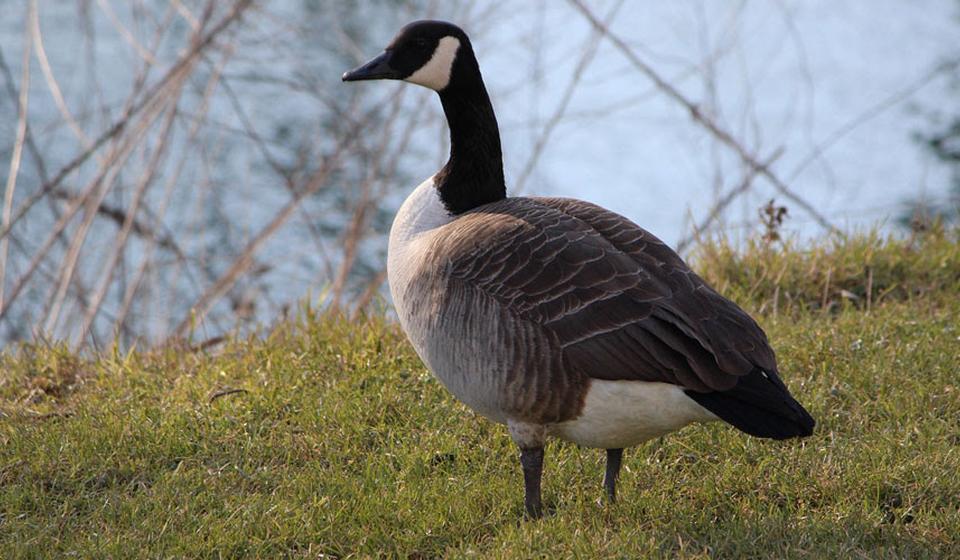Tag:
Risk analysis
A multi nation recall of products made by the Strauss Group, marketed under the Elite brand name, are being recalled because of possible salmonella contamination.
This phenomenon is palpable across all nations at different levels and poses a range of human and animal health system burdens. In a recent United Nations (UN) report from the Intergovernmental Panel on Climate Change (IPCC) and a recent analysis by the World Health Organization (WHO), climate-related health emergencies are most prominently on the rise in Africa, where more than half of regional public health events in the past 20 years are linked to climate variables, and climate-related health events have increased in frequency by 25% over the past decade.
According to the Minnesota Department of Health (MDH) and the Centers for Disease Control and Prevention (CDC), Minnesota is involved in two concurrent active multi-state foodborne Salmonella outbreaks.
As many people are spending more time in their homes during the pandemic, the potential exposure to household health hazard gases could be higher. The Minnesota Department of Health (MDH) says that it is more important than ever to know if our homes have high levels of radioactive gas known as radon.
Frontline healthcare workers working in COVID-19 units, healthcare workers at nursing facilities, and those administering COVID-19 tests and vaccines will be first in line to receive the vaccine.
In part two of this Weekly Topic, we will discuss the tradeoffs of different ruminant systems, and steps toward a more productive approach to valuing those impacts.
Ruminant agriculture—food production from cud-chewing livestock species including cattle, sheep, goats, and camels—has a complicated relationship with people and our planet. It is crucial to recognize and value the diverse functions and contributions of ruminants to planetary health in order to move toward livestock systems which are beneficial and sustainable in the long run.
Results of a recent analysis by CAHFS suggests the risk for African Swine Fever virus introduction into the U.S. via smuggling of pork in air passengers’ luggage has dramatically increased in recent years.
The Minnesota Department of Natural Resources (DNR) is asking for public comments for their new deer management plan. The plan sets a statewide harvest target of 200,000 deer, increases citizen participation in deer management, and outlines ways to keep the population and habitat healthy.
Governor Mark Dayton has proposed a new rule that would restrict the use of nitrogen-based fertilizers in the fall and winter in areas with porous soil, which are most vulnerable to groundwater pollution.


